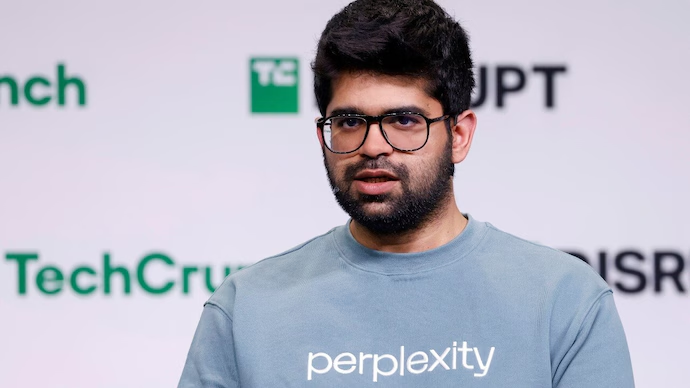Now Reading: Meta’s AI Shake-Up: All Teams to Report Directly to Alexandr Wang
-
01
Meta’s AI Shake-Up: All Teams to Report Directly to Alexandr Wang
Meta’s AI Shake-Up: All Teams to Report Directly to Alexandr Wang

Meta is undergoing one of its biggest internal restructures in the artificial intelligence division. A recent memo from Alexandr Wang, head of AI at Meta, makes it clear that all AI teams across the company will now report directly to him. The move highlights Meta’s ambition to streamline operations, speed up AI development, and maintain its competitive edge in a rapidly evolving sector that is reshaping industries worldwide.
Centralized Leadership
The restructuring signals a shift towards stronger centralized control. By making all AI teams report directly to Wang, Meta aims to eliminate silos and improve coordination between different groups. This could help accelerate progress on critical AI projects such as generative models, infrastructure, and safety systems.
Impact on Employees
For Meta employees, the change means clearer accountability and alignment. Instead of fragmented leadership, all AI research and product initiatives will now fall under a single chain of command. While some see this as a way to bring clarity and focus, others may view it as an added layer of pressure under Wang’s leadership.
AI Race and Global Context
Tech giants are currently locked in a race to dominate artificial intelligence. From Google’s Gemini to OpenAI’s GPT models, competition is fierce. Meta’s restructuring reflects its urgency to remain at the forefront of AI innovation, especially as the technology becomes central to future products and services, including social platforms and virtual reality.
Relevance for India’s Tier 2 Cities
For India’s Tier 2 cities like Nagpur, Indore, or Jaipur, these global developments matter more than they might seem. As AI advances, its adoption in education, small businesses, and local governance grows. Centralized innovation at Meta could mean faster rollout of AI-powered tools, creating opportunities for entrepreneurs, students, and professionals in smaller urban centers to benefit from new technologies.
Conclusion
Meta’s decision to restructure its AI division under Alexandr Wang reflects a decisive push towards efficiency and competitiveness. By consolidating leadership, the company is betting on speed and clarity to strengthen its position in the global AI race. For users and businesses in India, especially beyond metro cities, these shifts could open the door to accessible AI solutions that influence everyday life.

























